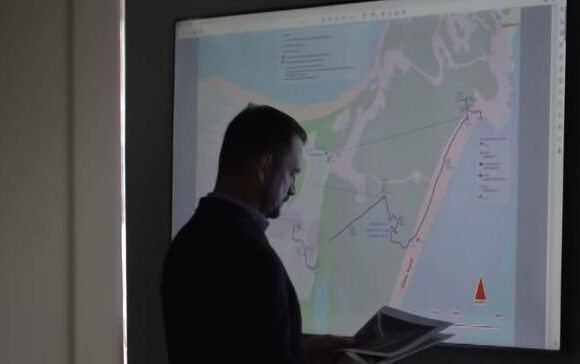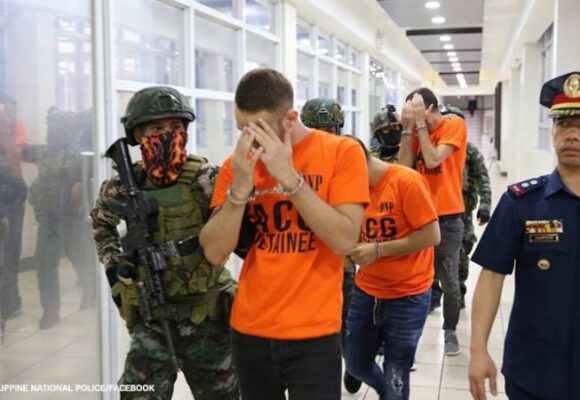Call centres in Belgrade operated by two Serbian companies have defrauded more than 100,000 people and caused losses of over USD 7 billion via sophisticated internet investment scams, according to local media reports.
The reports shed further light on the activities of a multinational group alleged to be responsible for cryptocurrency investment scams that have targeted thousands of Australians.
The website of the Politika daily newspaper reported on February 22 that call centres operating under the names Olympus Prime and Asgard were raided on January 11 and further raids were carried out on 16 other premises on February 22.
Politika, citing police sources, reported that an analysis of material seized during the raids indicated at least 127,000 people had been victimised by scams run from the call centres. Read more here.
The raids were carried out by Serbian police high-tech crime officers in coordination with other EU countries via EuroJust, the European Union’s judicial cooperation body. They were part of an effort led by German police and had assistance from the Australian Federal Police.The Australian reported on February 24 that Australians were among the primary targets of the operation targeted in the raids and that the sophisticated network behind it is masterminded from Israel.
A German police commander told The Australian that the syndicate allegedly behind the call centres operated a sophisticated shift system and had also targeted victims in Canada.
Politika reported that 16 people aged between about 24 and 38 had been arrested in Serbia on February 22. Police had seized 130,000 euros in cash, 70,000 euros-worth of cryptocurrency, cars and an apartment, and were conducting ownership searches on other properties, the site said.
An earlier report on the Nova.rs news site said 14 people had been detained during the January 11 raids on the call centres. With a further arrest in Germany, in all 31 people have so far been arrested and detained on suspicion of fraud, money laundering and related offences.
The raids on January 11 were coordinated with authorities in Bulgaria and Cyprus, where premises were also raided and several people questioned.
Serbian law allows suspects to be held in pre-trial detention for up to six months.






 Philippines National Police
Philippines National Police  Californian Association of Licensed Investigators
Californian Association of Licensed Investigators  NSW Police Force
NSW Police Force  Philippine Securities and Exchange Commission
Philippine Securities and Exchange Commission 